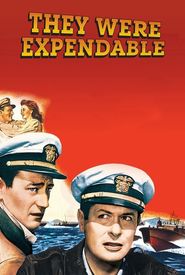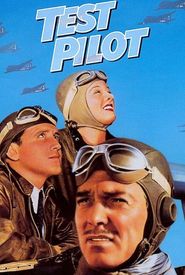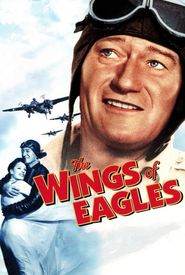Frank Wilber "Spig" Wead was a US Navy aviator turned screenwriter who played a crucial role in promoting United States Naval aviation from its inception to World War II. Prior to and after World War I, Wead was a pioneer in advocating for the Navy to engage in air racing and speed competitions against the United States Army.
These competitions, led by Wead, served as a catalyst for the advancement of military aviation, garnering significant public attention and ultimately leading to Congressional funding for the development of military aviation. Wead's exceptional service during World War I earned him recognition, and he went on to become a test pilot for the Navy.
In September 1923, Wead was part of the US Navy team that traveled to Cowes, England, to compete in the prestigious Schneider Cup Race, which was named after the French aviation enthusiast Jacques Schneider. This competition, which began in Monaco in 1913, was a highlight of the racing world.
On June 22-23, 1924, Wead, along with Lt. John Dale Price, set new Class C seaplane records for distance, duration, and speed using a Curtis CS-2 with a Wright T-3 Tornado engine. They broke their own records on July 11-12, 1924, with a new Class C seaplane record for distance and duration.
Tragically, Wead's naval aviation career was cut short in April 1926 when he suffered a broken neck in a fall, leaving him paralyzed. During his convalescence, Wead began writing, which eventually became a second, and more important, career for him.
Wead's writings focused on promoting naval aviation, leading him to Hollywood and a collaboration with director John Ford. He received two Academy Award nominations in 1938 for his work on Test Pilot and The Citadel. Wead also wrote for leading magazines and published two books, including Ceiling Zero and Gales, Ice and Men.
Frank Wead passed away in 1947, but his legacy lived on through the 1957 film The Wings of Eagles, directed by John Ford and starring John Wayne as Commander Frank "Spig" Wead.






































